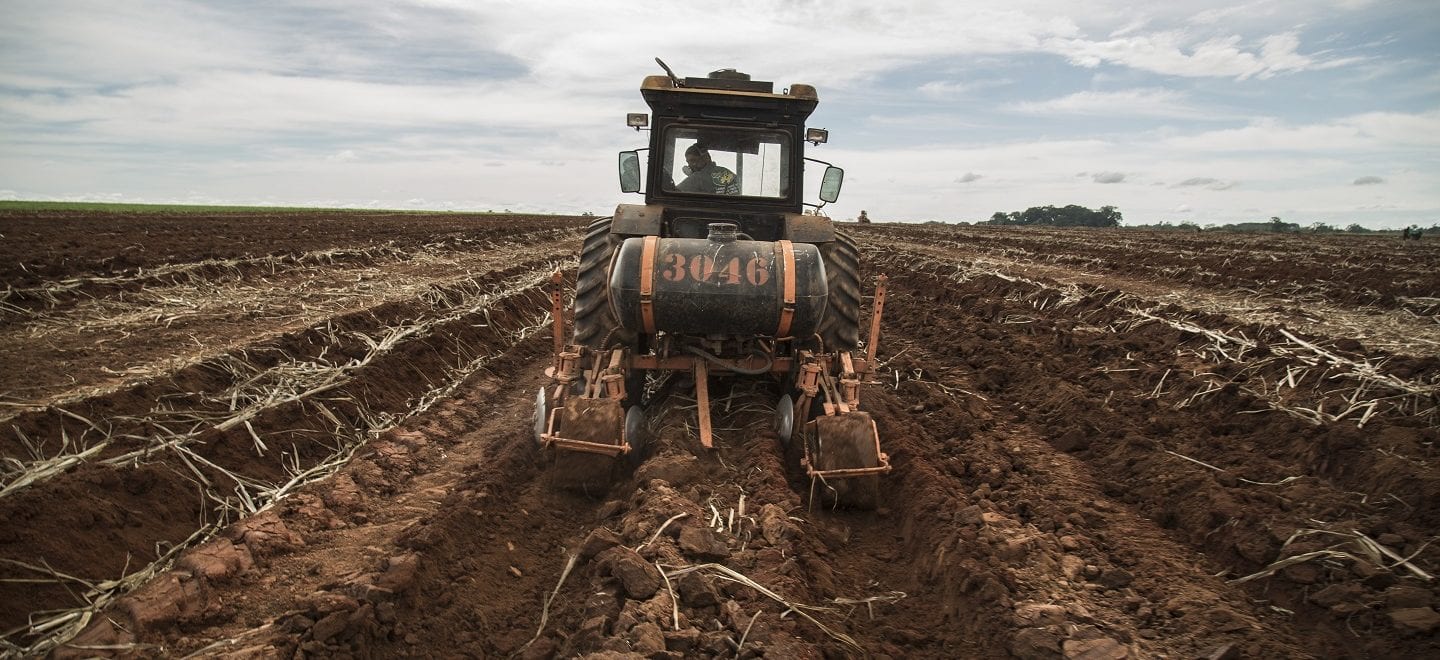The cover story of this month’s The Atlantic magazine is a must-read article by Vann Newkirk titled “The Great Land Robbery: The shameful story of how 1 million black families have been ripped from their farms.” It chronicles the decades of systematic corruption that defrauded black farmers and their families out of millions of acres of prime farmland in Mississippi and across many states in the Deep South.
This “robbery” was carried out by white farmers and local US Department of Agriculture (USDA) officials who systematically denied loans and federal funding to black farmers, forcing many to go bankrupt and lose their farms. The theft of black farmland was so great, and the loss of wealth and heritage so severe, that it drove African-Americans out of the state and to northern cities to such a degree that it turned Mississippi from a majority black state to a majority white state in a few years.
What is so important about this article is how it draws the connections between racism and the theft of black farmland in the US, and the rise in farmland “investment” by big Wall Street firms.
TIAA, the pension fund that has pursued farmland investment the most aggressively, is a major landholder in Mississippi with over 80,000 acres, much of it in predominantly black counties. It is therefore likely that at least some of TIAA’s current landholdings include land that was taken from black farmers two generations ago through theft and fraud. Moreover, this means that the stolen wealth of black farm families is now potentially being used by TIAA and others to fund the retirements of millions of its clients. How is that fair or just?
I was interviewed for and quoted in this article because of our campaign to demand that TIAA disclose its farmland acquisitions and respond to the communities whose lands have been stolen, particularly in Brazil where TIAA has acquired land from land grabbers called grileiros who use corruption and fraud. But, as Newkirk writes, “America has its own grileiros, and they stand on land that was once someone else’s.”
Laundered Land
Many of the farms that were taken from black farmers since Reconstruction have now been sold to deep-pocketed, out-of-state financial investors and speculators. As Newkirk writes, “In just a few years, a single company [TIAA] has accumulated a portfolio in the Delta almost equal to the remaining holdings of the African Americans who have lived on and shaped this land for centuries.”
Since the 2007-2008 financial crisis, more and more Wall Street firms have rushed to acquire farmland in order to speculate in rural real estate markets. Hedge funds, agribusiness companies, and sovereign wealth funds were the first to move in and acquire land, but now we are seeing pension and retirement funds, the biggest players on Wall Street with over $30 trillion in assets, began to acquire farmland.
In both Brazil and in Mississippi, it becomes much harder for communities to get justice once these financial firms acquire the land. As Newkirk writes, when pension funds acquire farmland, they launder that land and paper over the injustice that occurred there. Yet, as long as communities remain and families remember and continue to fight, there is no way to separate the rush to buy farmland with the history of that land.
Comprehensive Reparations
In an interview with Democracy Now!, Newkirk concludes that the only real solution to this injustice in the U.S. is a true, comprehensive reparations package for black families, and this must include the role that Wall Street has played.
TIAA and other pension funds can act now, however, to move their money out of controversial and problematic “investments” like buying up farmland in regions that are known for land conflicts. They could then truly invest in communities – in clean energy, local and sustainable food economies, and affordable housing – instead of in speculative gambles that only drive monopolies and market concentration.
If pension funds want to be part of the solution – and we think they must be part of the solution – this is the path they must chart. We are pushing them in this direction, and we are advocating for policies that will do the same.



